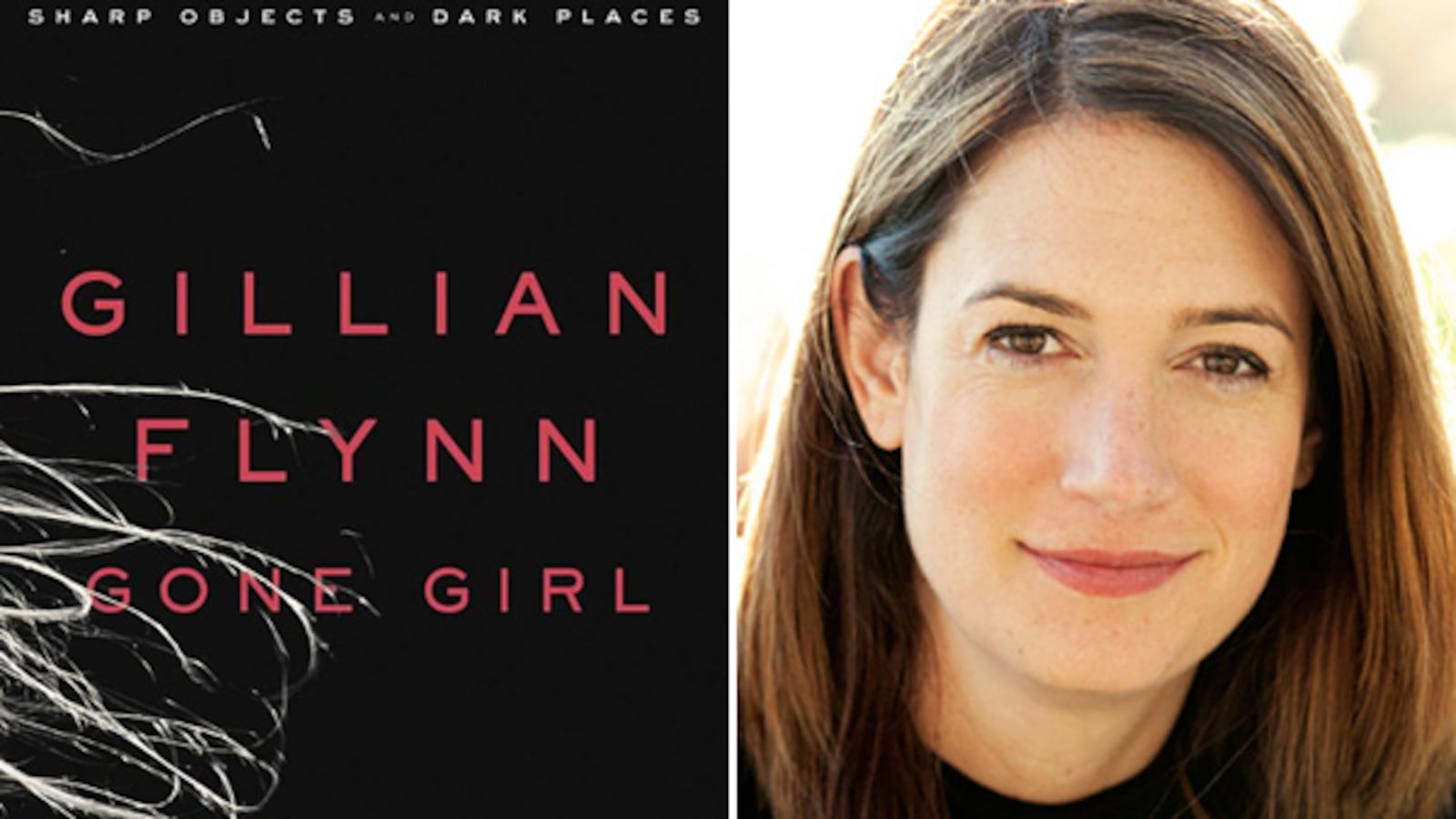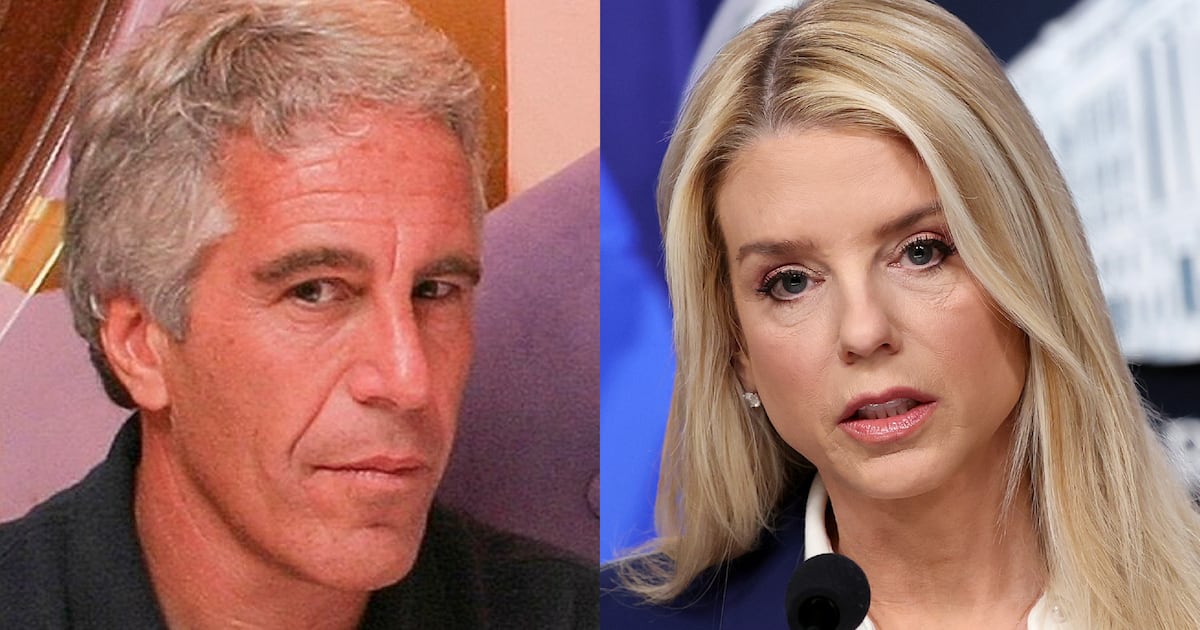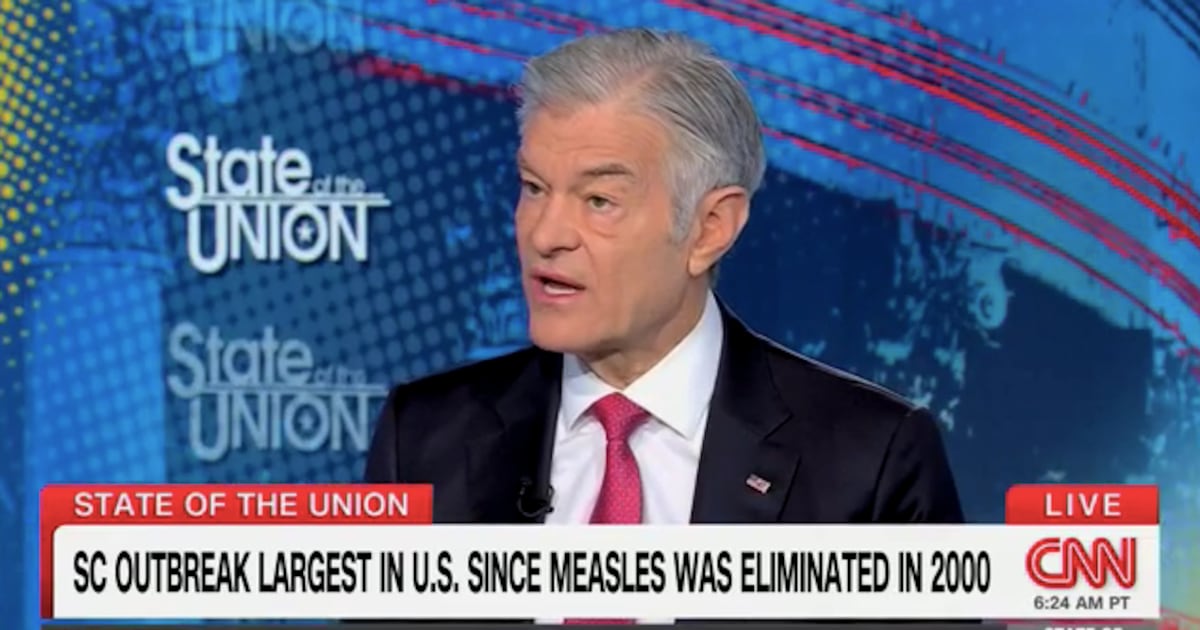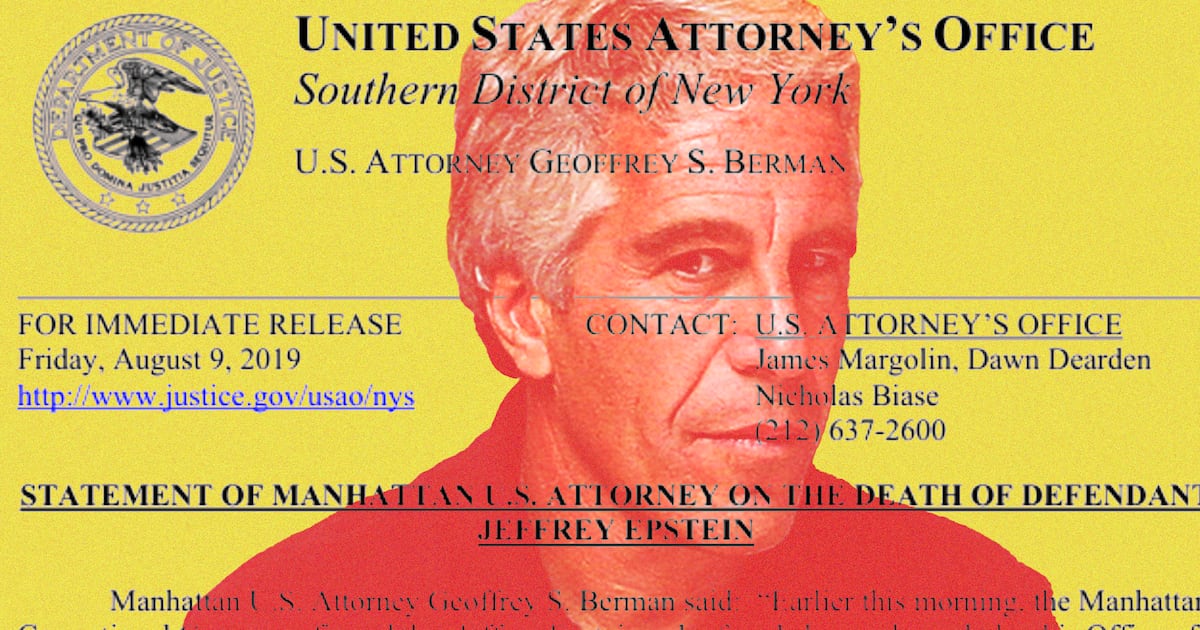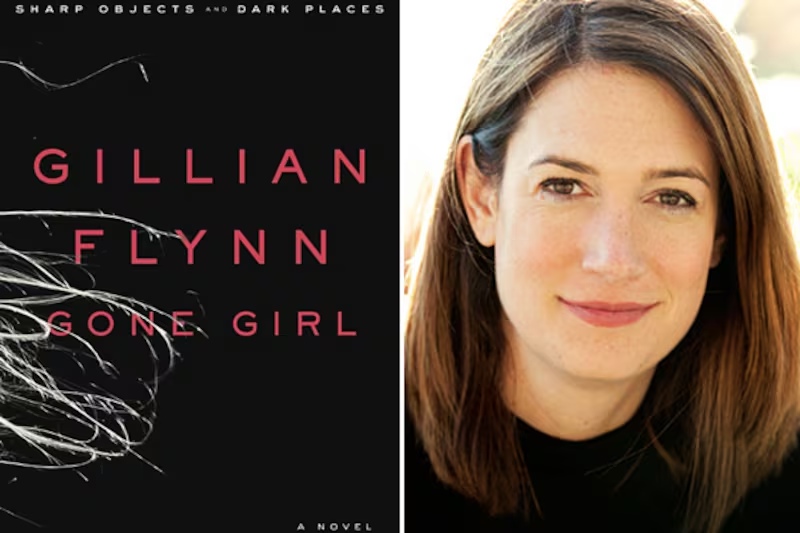
You’re from Kansas. One of the best and scariest short stories I’ve ever read is Stephen King’s “Children of the Corn.” King also generously blurbed your debut novel, Sharp Objects. Are you a fan of his? What are some short stories or novels that influenced your desire to write?
Et tu, Noah? Missouri, Missouri! Close enough. I could walk over into Kansas, true.
Oh, sorry! Where did you grow up?
Kansas City, Missouri. That’s Missouri! It’s a distinction that’s apparently important to no one but someone from one of the two Kansas Citys. It’s astounding the number of friends I have who still vaguely refer to the place of my birth as Kansas: “You going home to Kansas for Labor Day?” and then they catch my look and say, “I know, I know, sorry, you’re from Missouri.” I mean, it is a different state. My folks are still in KCMO, and most of my family, and a lot of my friends, so we try to get home every few months. Kansas City is truly an awesome town. Good music, an amazing art scene, great BBQ (for the record: I’m a Gates girl, all the way), and the nation’s only World War I museum that you could spend days at (if you are interested in history; if you’re not, you’d probably not do that). It’s the Heart of America and the City of Fountains. I grew up believing it’s where the Moon Pie was invented. Turns out that’s not true…but it feels true.
But yes, I absolutely agree: “Children of the Corn” is utterly chilling. I discovered King early on—he was another writer we’d read aloud to each other at slumber parties. It was a huge deal, personally, to me when he blurbed Sharp Objects. The first novel is such a scary thing, and to get those kind words from him was just such a relief. Even more than a thrill, first it was a relief: OK, this book might be good after all. The guy is a genius, and he’s so incredibly generous to new writers. So, every story in Night Shift, especially “The Boogeyman” and “I Am the Doorway”—was huge for me. I loved Ellen Raskin’s The Westing Game as a kid, and I remember trying to write something like it (and maybe finally did with Gone Girl—at least Amy’s love of games and wordplay). Agatha Christie’s And Then There Were None and Crooked House were junior-high obsessions, as was Tolkien (I first thought I’d write fantasy). In college I discovered the Joyce Carol Oates short story “Where Are You Going, Where Have You Been?” which is definitely one of the most incredibly unnerving, frightening short stories ever written. I reread it often: Oates invokes dread so beautifully it makes me weep. In my 20s, Donna Tarrt’s The Secret History and Scott Smith’s A Simple Plan were those rare, special books that kept me from doing anything else while I read them (I still have my original copy of both of them, and the pages are smeared with pie, which is what I like to eat when I’m obsessing over books.) And then Dennis Lehane’s Mystic River. Huge for me, because I’d been trying to write Sharp Objects as a story about a mother and daughter and their toxic relationship, and the town that created both of them, and I couldn’t get anywhere with it. I took Mystic River home from work one night, and I stayed up ’til dawn (no pie this time, sadly, I was not prepared) and the next morning I went into work bleary-eyed and happy and thought, That’s how I do it, I tie my story to a mystery. And so I did.
You describe having a (pleasantly) dark childhood, enjoying horror films at an age when most kids would run from them with blankets over their heads…
I was a quirky kid. I think that’s the kind way of putting it. My favorite picture book was Edward Gorey’s The Gashlycrumb Tinies (Z is for Zillah who drank too much gin). My favorite game was one I invented with my cousins called Mean Aunt Rosie, where I was a deranged maiden aunt who chased them around the house. I always liked the dark stuff, probably because I was a happy kid who lived in the City of Fountains/Heart of America and could afford to be. My dad was a film professor, and so I inherited his love of movies, and for me, especially scary movies. We had an old top-loading VCR and I watched Psycho a million times. In the mirror, I obsessively practiced the final shot of Anthony Perkins: the Norman Bates smile right at the camera. I can still do it really well.
What scares you in a good book? It seems that it takes more to sustain thrills, in this age of film, Internet, and quick-cut editing.
I’m old-fashioned. The stuff I love isn’t about gotcha scares, and gore doesn’t frighten me much either. It’s that sense of dread, and the sense that characters have gotten swept up in a current they can’t control, leading them toward something awful and dark. It’s why I love Scott Smith’s books, and Truman Capote’s In Cold Blood, Thomas Harris’s Red Dragon, and Ira Levin’s Rosemary’s Baby. That sense of inevitable doom.
You wrote for Entertainment Weekly for many years. Do you find writing articles or fiction easier?
They each pose their own challenges. But with articles at least you’re employing facts and quotes and actual people, so have something to work with. Usually. The most chilling time any journalist has is that moment when you finish interviewing this charming, charismatic person for a profile, and you had just a grand old time talking to this human being, and you go back to your little Diet Coke–strewn office and transcribe the tape, and when you finish you realize this dazzling creature you’ve just spent all day with is, in actuality, the most boring person ever. And you have absolutely nothing to work with.
Describe your morning routine.
Drink half a pot of coffee. Go downstairs to my basement writing lair. Sit myself in my chair and threaten myself like a recalcitrant child: you will sit in this chair and you will not move until you get this scene written, missy. Get the caffeine shakes. Regret drinking so much coffee. Finish writing the scene. Reward myself with a game or eight of Galaga.
Do you like to map out your fiction plots ahead of time, or just let it flow?
I let it flow, although that makes it sound more jazzy and less despairing than the actual process often is for me. I wish I could plot more efficiently or stick to an outline, but I just can’t. Partly it’s because, for me, the plot is the least intriguing part of a book. I start writing because of certain characters or themes or events I want to explore, but I’m often not sure what form that will take. So I do float along a bit. I probably write two novels for every one I end up with—lots of deleted scenes as I try to figure out what it is I’m really interested in, what it is I’m actually writing.
Is there anything distinctive or unusual about your workspace? I understand you have a videogame-filled “basement lair” as you call it. Is this where the magic happens?
Yes, it really is underground, and you have to walk through the world’s most frightening unfinished basement to get there. The basement has a root cellar attached to it, and I’m always sure someone with a chainsaw is going to burst out of it. So it sets the mood. I do have my Galaga set. Someday I hope to add Joust and Elevator Action. I have a wobbly desk that I put together poorly about three moves ago, and which is now being held together with gum and string. I keep meaning to replace it. I really hate it. On my wall, I have a Lord of the Rings poster, signed by Peter Jackson. The inscription: “To Gillian, a genuine nerd!”
You’re a fan of a 1948 photograph by Frederick Sommer. Tell me about this photograph.
I do love that photo: I just think it captures girlhood perfectly. It’s entitled “Livia” (like the malevolent Roman empress) even though that’s not the girl’s name, but it’s certainly the girl’s tone. To me, it just captures how girls are: she’s dressed so sweetly, with the frock and the braids, and she looks like she’s trying to decide whether to go with that role—the darling sweet girl—or definitely, definitely not go with that role. She looks like at any second she could do you great harm. I don’t think people give girls enough credit—we are just as feral as our male counterparts. Don’t let the braids fool you.
What advice would you give to an aspiring author?
Read all the time and keep writing. There are a million talented writers out there who are unpublished only because they stop writing when it gets hard. Don’t do that— keep writing.
What is your next project?
I’m writing the screenplay for Gone Girl. I can’t keep my hands off those damn Dunnes.

